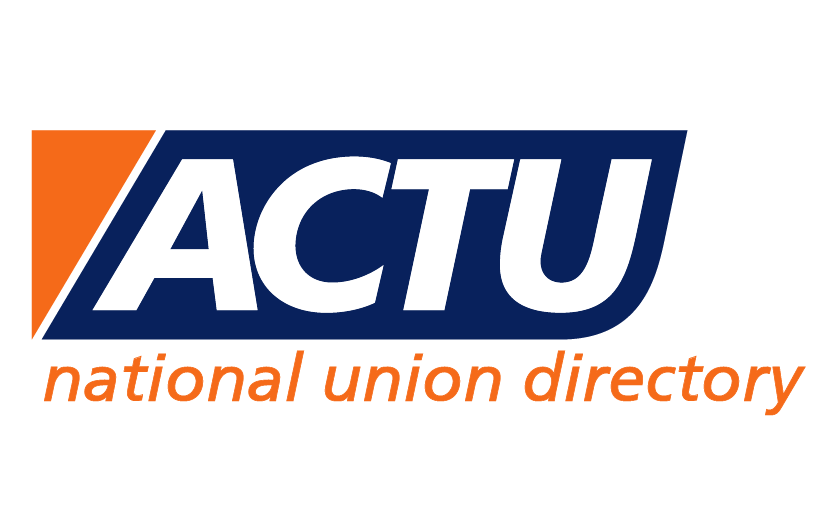A new report commissioned by the Transport Workers Union – The Consequences of Wage Suppression for Australia’s Superannuation System – has been released this morning.
The report shows that downward pressure on wages caused by wage theft, wage freezes, reduced penalty rates and cancelled enterprise agreements has cut $100 billion from Australian’s super balances.
The report finds:
- Around 3 million people or a quarter of the workforce have experienced some form of wage suppression and will stand to lose out in their retirement savings because of lower superannuation payments compounded over time
- There will be a black hole of up to $37 billion (in real 2017 dollars) for the Government through lost taxes on lower superannuation contributions and the consequent higher Age Pension payouts.
- In the worst cases, where employers cancel enterprise agreements and force employees onto the minimum award, superannuation savings can be reduced by as much as $270,000 by the time an individual retires.
- In cases where employees are illegally underpaid, retirement savings can be reduced by over $50,000.
- Where enterprise agreements allow for below-award payments, retirement savings can suffer by over $40,000.
- When employers enforce even a temporary wage freeze, retirement savings can be reduced by over $30,000 over an individuals’ retirement period.
Quotes attributable to ACTU President Ged Kearney:
“When workers’ wages are stolen, wage growth is at record low, penalty rates are cut, and big business is cancelling the agreements it has with its employees, workers have less when they retire.
“A generation of workers to miss out on the security in retirement that they are entitled to – thanks to the policies of the Turnbull Government.
“The rules are broken for working people. A life of work should guarantee a comfortable retirement, but when wages are stolen and suppressed the system falls apart.”
“We need to change the rules so that working people are secure in retirement – it’s the bare minimum that any person in a first world country should be able to expect.”
ENDS







